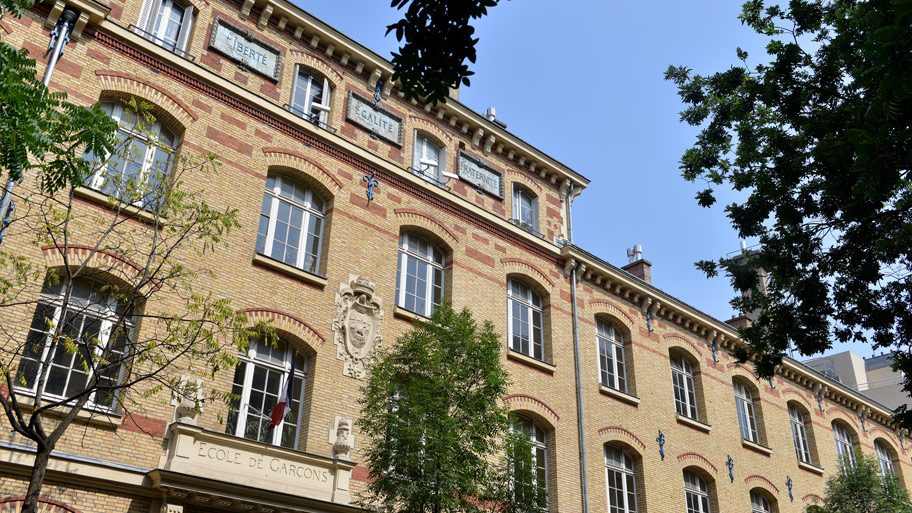
À Paris, l’école fait des économies d’énergie EDF
Université Paris Cité is filled with talent, projects and ideas, driven by women and men who are committed everyday to education, research, as well as community and solidarity actions. Join us, together we can make a difference for a more enlightened society, more respectful of others and the environment.

L'École Nationale Supérieure des BeauxArts Ecole nationale, Beaux arts, Monde merveilleux
ESCP - Paris. Regularly occupying top spots in national and international rankings, ESCP counts among the most prestigious French Grandes Écoles. Founded in 1819, ESCP in Paris symbolises our historical starting point as the World's First Business School and represents our biggest campus with ~100 professors and 4,000 students per year.
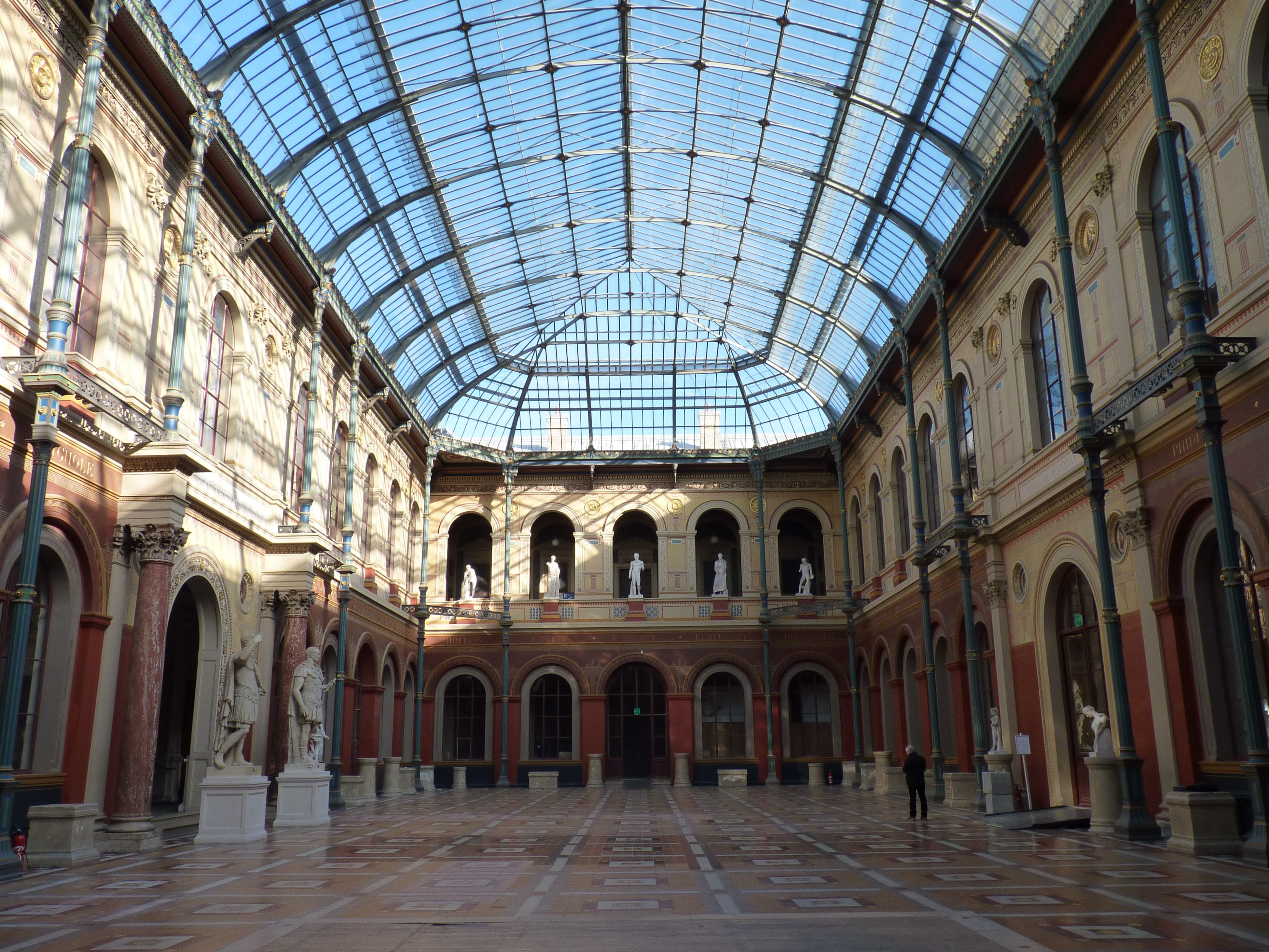
L'Ecole nationale supérieure des BeauxArts de Paris Avis et photos d'un local
Grande école Gate of the Conservatoire national des arts et métiers, in the 3rd arrondissement of Paris A grande école ( French: [ɡʁɑ̃d ekɔl]; lit. 'great school') is a specialized top-level educational institution in France.

Découverte le nouvel écrin de l'École des BeauxArts de Paris
Paris School (Ecole de Paris) (c.1890-1940) In fine art, the term ' Ecole de Paris ' (meaning Paris School) is a general heading for the many artistic styles, movements and tendencies in modern art that took place in Paris during the period 1890-1940.
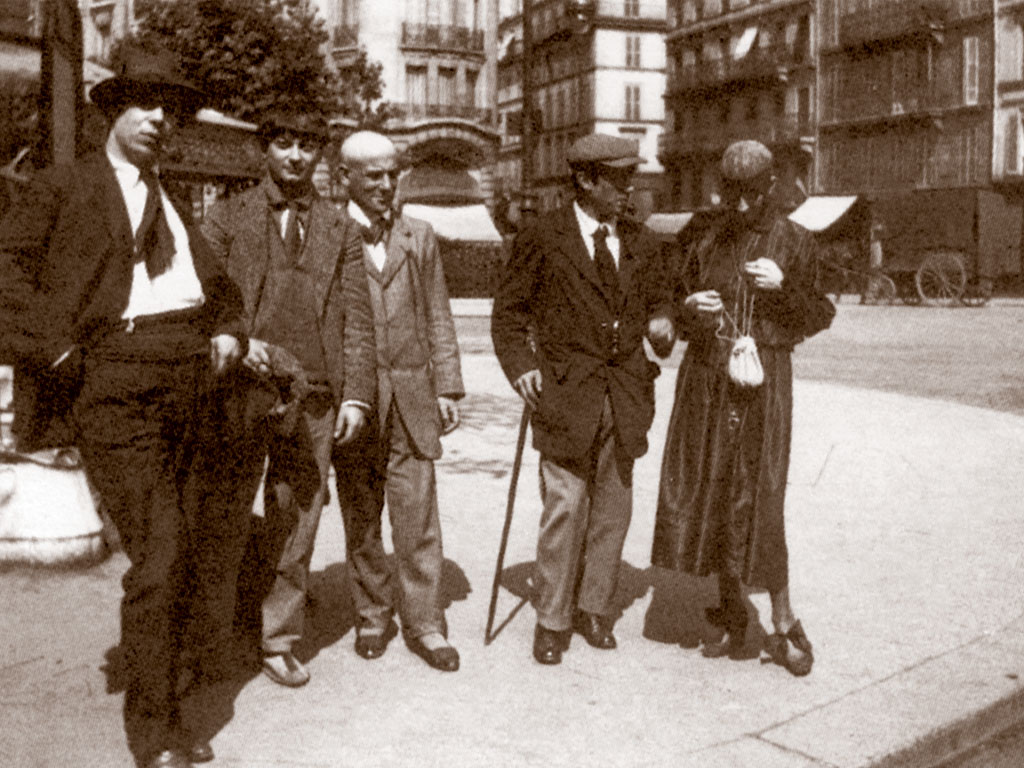
L’école de Paris Istituto Amedeo Modigliani
The School of Paris ( French: École de Paris) refers to the French and émigré artists who worked in Paris in the first half of the 20th century. French art history Overview Categories Historical periods Prehistoric Medieval Gothic Renaissance 17th century 18th century 19th century 20th century French artists Artists (chronological)
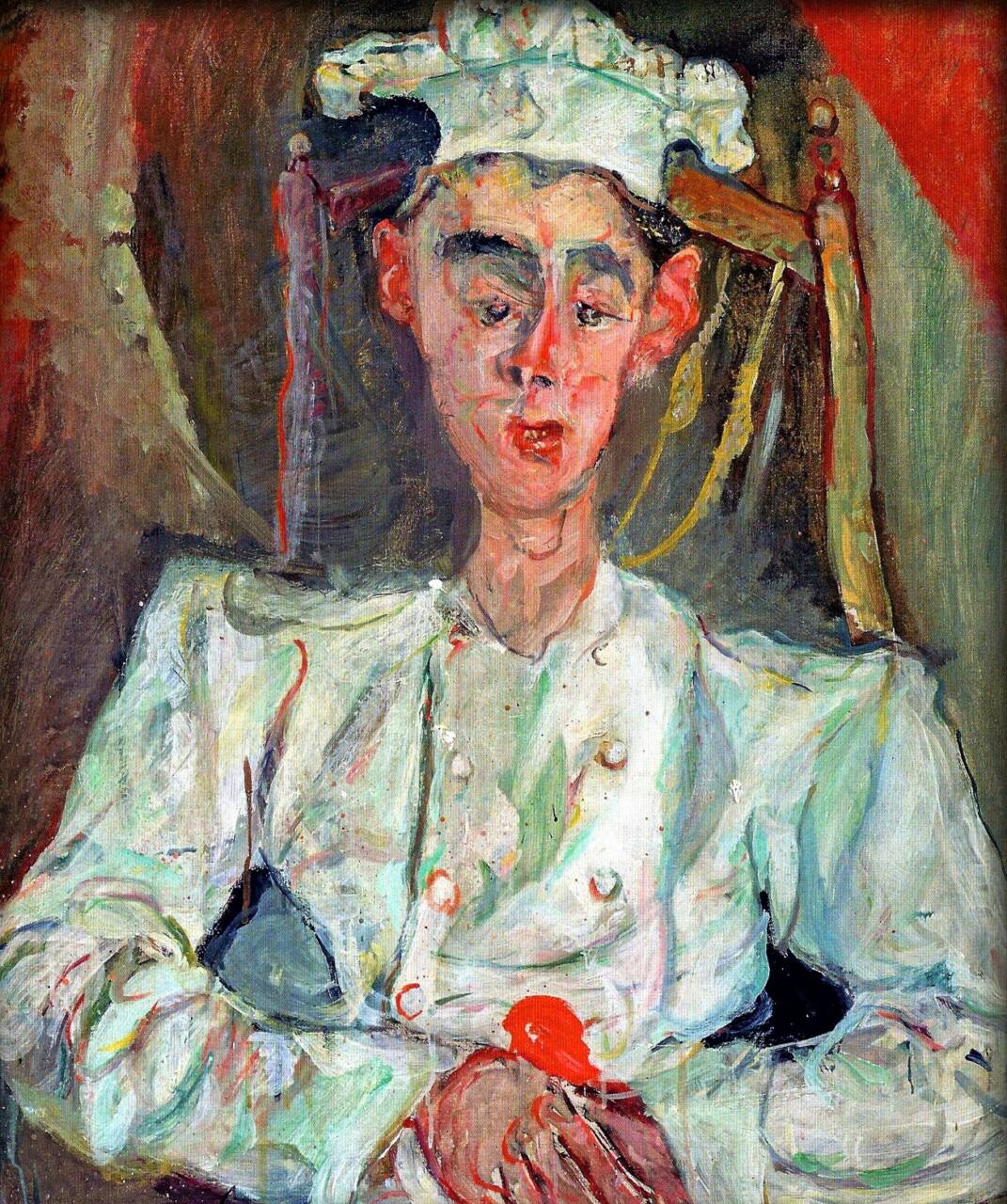
L'école de Paris Modigliani, Soutine, Chagall Europ Explo
ESCP Business School (French: École Supérieure de Commerce de Paris) and (English: Paris Higher School of Commerce)is a French business school and grande école founded in Paris and based across Europe with campuses in Paris, Berlin, London, Madrid, Turin, and Warsaw.It is known as one of the trois Parisiennes (three Parisians), together with HEC Paris and ESSEC.

Tricentenaire de l’Ecole de danse de l’Opéra de Paris Opéra, Ballet de l'opéra de paris, Paris
First Employment Survey X2016: A pay premium of almost 45% for new hires Ranked at the top of French engineering Schools of excellence, Ecole Polytechnique provides its engineering new graduates with an average first employment gross salary that is almost 45% higher than that of other engineering French Schools. Almost a.

Las 20 mejores escuelas de arte y diseño de Europa P55.ART
Paris became the heart of a growing avant-garde movement at the turn of the twentieth century. Writers, philosophers and artists flocked to the neighborhoods of Montmartre and Montparnasse - stoking a melting pot of culture, philosophy, poetry and art. Led by Pablo Picasso, Henri Matisse, Amedeo Modigliani, Chaïm Soutine and Marc Chagall, amongst others, this community of artists - many.

Les campus Ecole de Psychologues Praticiens
A leading figure of the School of Paris, the Spaniard Pablo Picasso (1881-1973) moved to France in 1904. Picasso's variety of creative styles are representative of the kind of cross-fertilization that transcends the works of the School of Paris artists. His groundbreaking collaboration with the Frenchman Georges Braque (1882-1963), which.
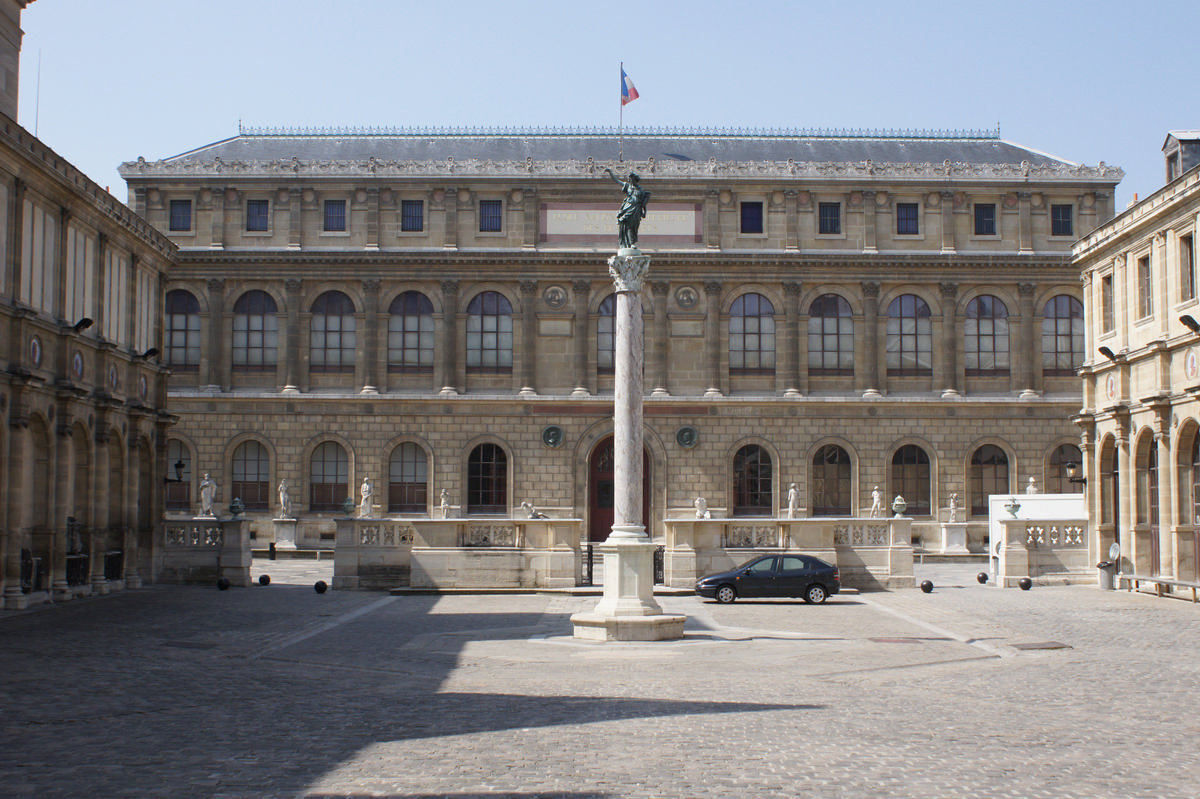
Ecole Nationale Supérieure des BeauxArts (Paris) (Paris ( 6 th )) Structurae
École Centrale Paris ( ECP; also known as École Centrale or Centrale) was a French grande école in engineering and science. It was also known by its official name École Centrale des Arts et Manufactures. In 2015, École Centrale Paris merged with Supélec to form CentraleSupélec, a constituent college of the University of Paris-Saclay. [2]

A Brief History Of The École Des BeauxArts
école de Paris Appellation qui désigne des groupes d'artistes, compositeurs ou peintres, d'origine étrangère venus s'installer à Paris, en particulier dans les années 1920. MUSIQUE Il s'agit du groupe formé à Paris vers 1925 par des compositeurs désireux d'utiliser des procédés différents de ceux de l'école de Vienne. C.
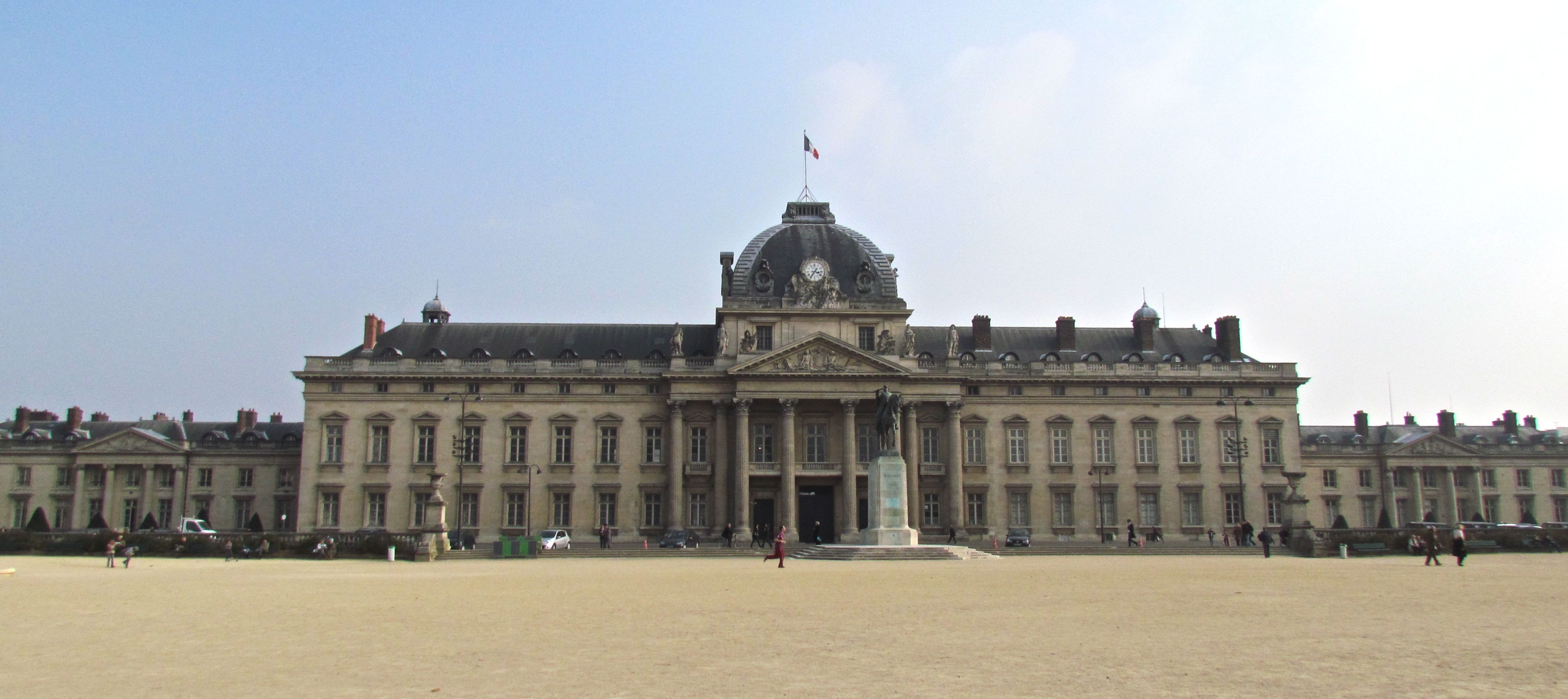
Paris Archives Page 2 of 3 Finding Napoleon
The American School of Paris is a vibrant, international, family-oriented community. Our mission is to inspire and prepare every student to achieve personal and academic excellence as an engaged global citizen by providing a challenging, innovative program within a compassionate environment. Why Families Choose the American School of Paris Art

Intégrer l'Ecole Boulle, comment, pourquoi et quel avanta... Blog
Japan and the Beaux-Arts de Paris have a very strong bond, and are emblematic of the School's international strategy, with partnerships spanning more than 30 years. find out more. News Winners of the 2023 Amis des Beaux-Arts scholarship. This year, the Friends of Les Beaux-Arts awarded 3 grants to young artists. Here are their presentations.
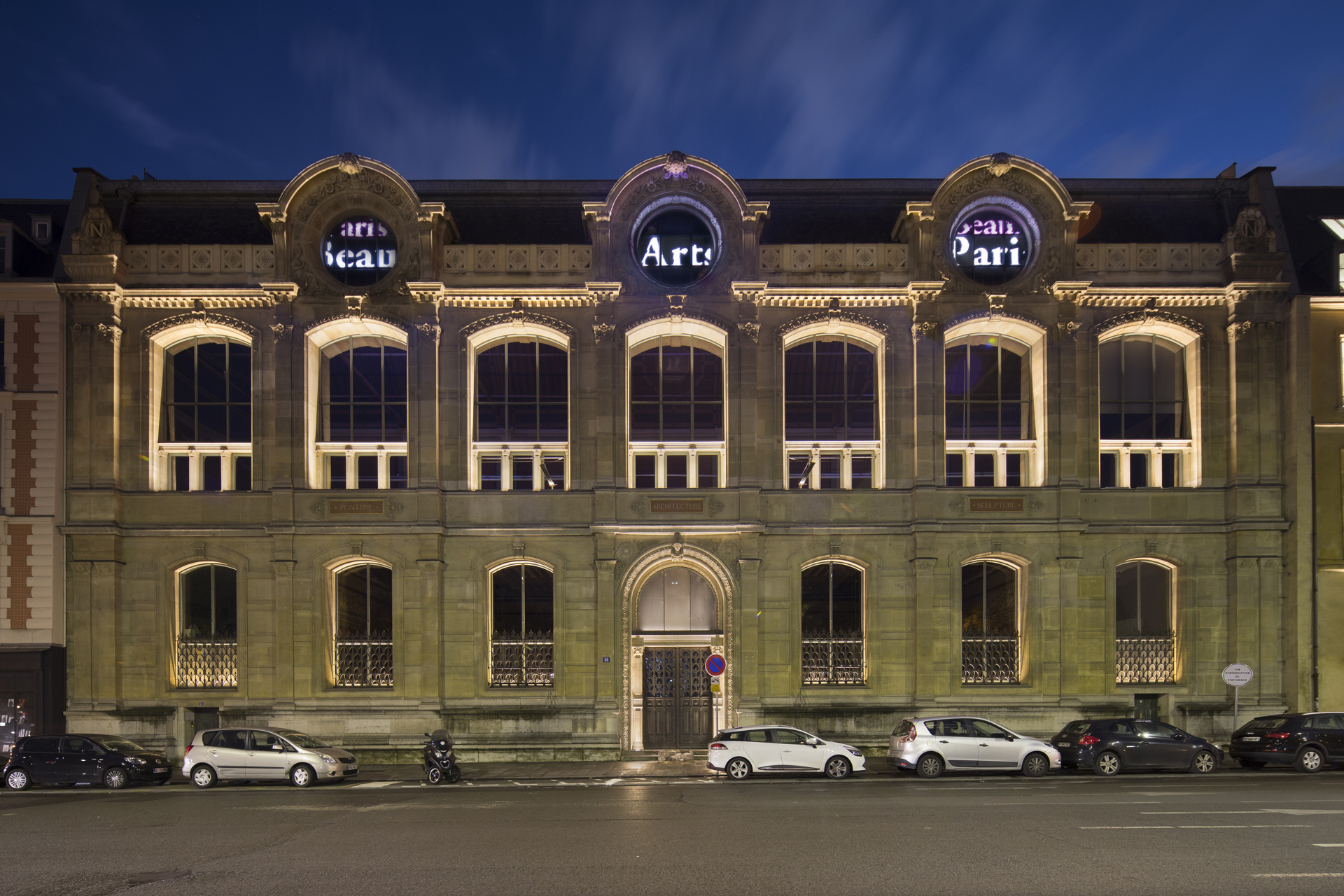
Ecole nationale supérieure BeauxArts de paris France by Light
École de Paris André Warnod, Les Berceaux de la jeune peinture, Paris, 1925. Illustration d' Amedeo Modigliani. L' École de Paris note 1 désigne l'ensemble des artistes, dont un grand nombre d'étrangers, qui ont travaillé à Paris de 1900 à 1960, faisant de cette ville un centre d'art de premier plan dans le monde.

École des BeauxArts artists, architecture, painting Britannica
L'École de Paris By Alastair Smart | May 27, 2021 "I was born in Vitebsk, but I was also born in Paris," the artist we know as Marc Chagall said in the mid-1920s. What he meant was that, though he hailed from the western edge of the Russian Empire, his career had only come alive after his move to the French capital in 1910.
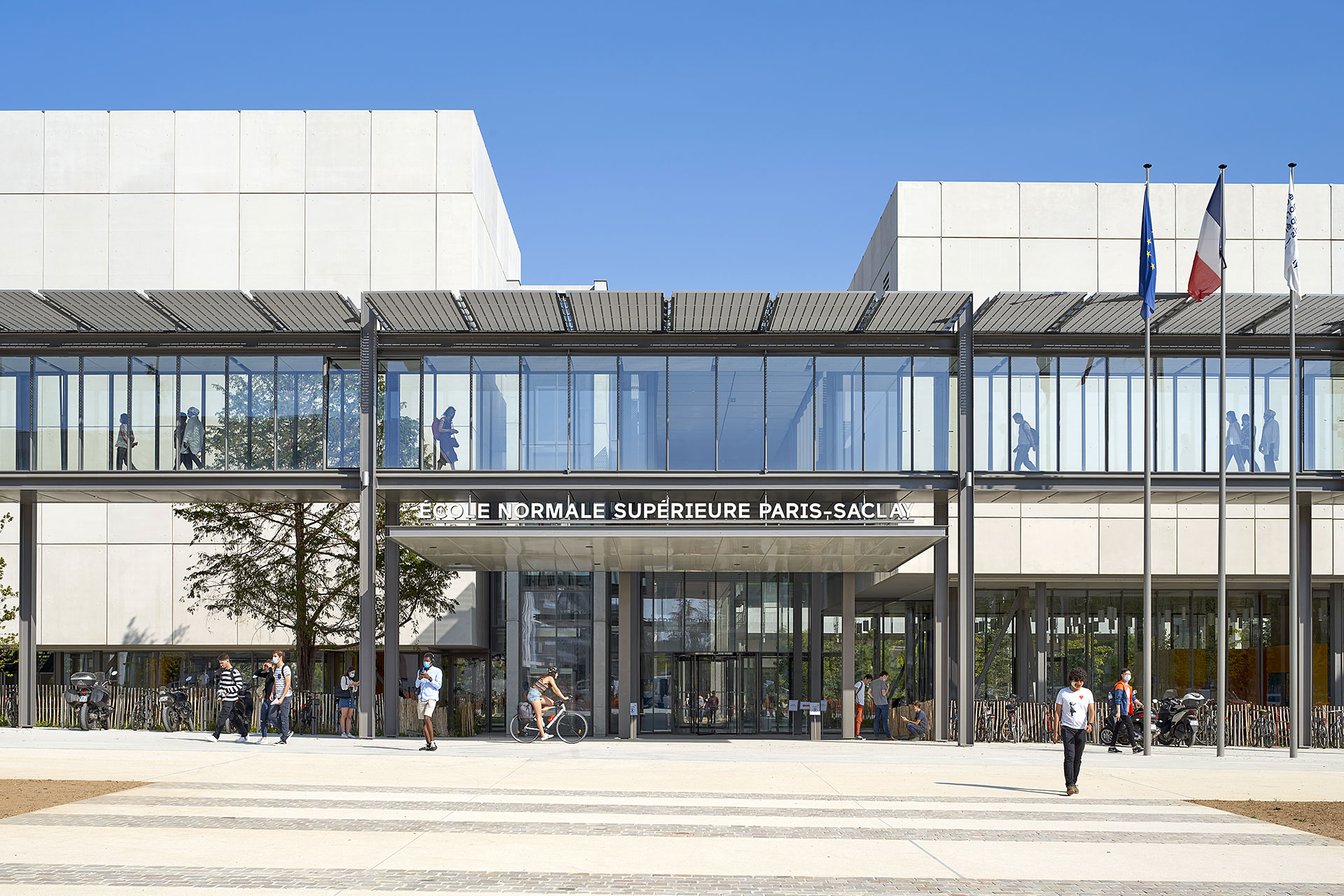
L'École ENSPARISSACLAY
L'École de Paris est le terme utilisé pour désigner la communauté d'artistes français et étrangers, qui ont travaillé à Paris pendant la première moitié du XXe siècle. En fait, il s'agit de la reconnaissance de Paris comme centre de l'art jusqu'à la Seconde Guerre mondiale et comme symbole de l'internationalisme culturel.